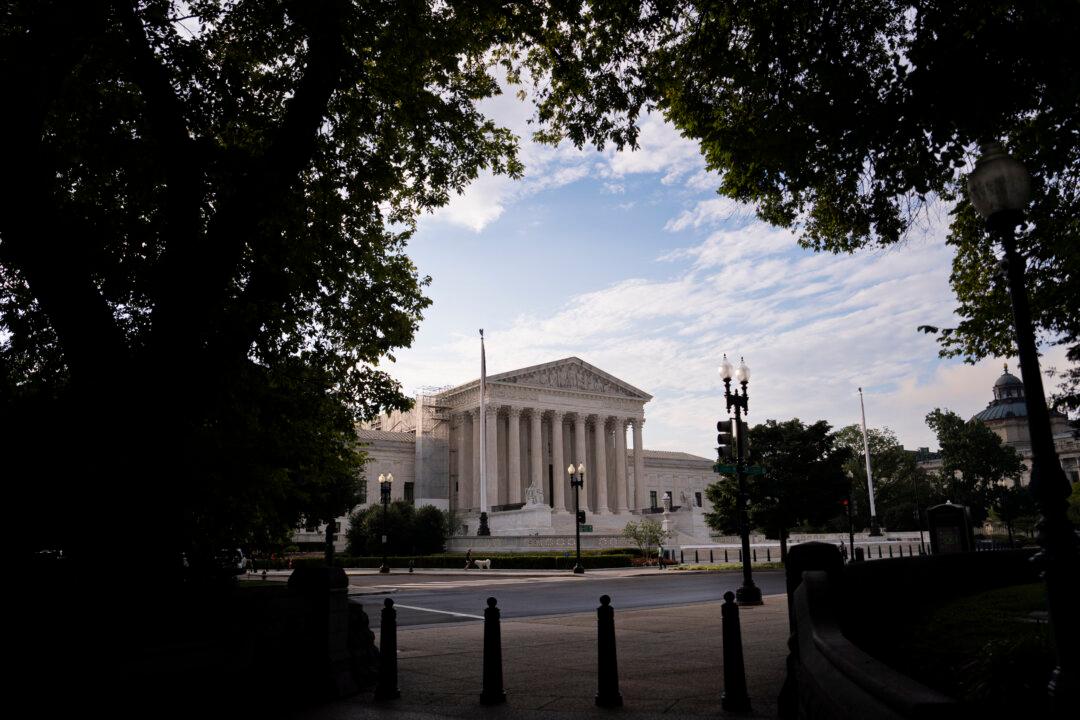The Supreme Court refused on Aug. 10 to dismiss an appeal brought by a litigious litigant opposing counsel accused of participating in “an unethical extortionate scheme,” after the woman asked the court to throw out the case.
The refusal also came after one of the woman’s attorneys was recently disciplined by a lower court for professional misconduct in connection with that so-called scheme. The opposing counsel has accused her legal team of committing fraud.





